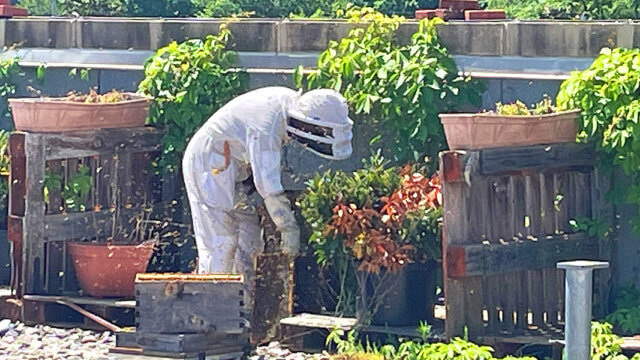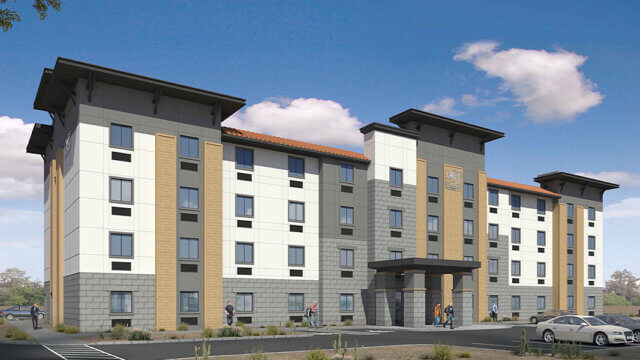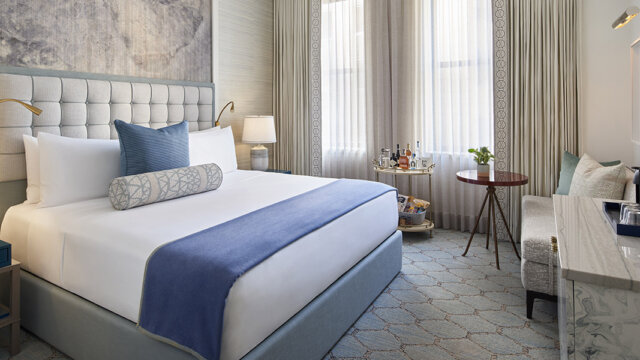Even prior to the COVID-19 outbreak, opening a new hotel or establishing a new brand were sizable tasks. And now, with a devastated industry and new guidelines, these tasks have been made even more challenging. Despite these hurdles, however, hotels will continue to open and brands will continue to sprout up. But how should hoteliers go about exploring new ventures and developing brands? Hotel owner Justin Koziol gave Hotel Business some insight into this topic, sharing with us some key considerations for prospective owners.
“A new brand is going to have to compete with well-established players in nearly every market,” said Koziol, who owns Nashville, TN, destination BentoLiving, a lifestyle hotel with both nightly and extended-stay options.
“As such, a new brand needs to first identify and target a market niche that is underserved by the established competition,” he said. “The product and sales approach must be highly tailored to this target market. In our case, we saw a gap in the market between hotels, short-term rentals and extended-stay properties.”
There’s a new traveler emerging, Koziol said, one that is seeking apartment-style accommodations with the amenities and management expertise of a hotel. He explained that this demographic has evolved out of the short-term rental (STR) market.
“STR guests have become increasingly sophisticated moving from purely leisure travel to include group and business travelers seeking a local/apartment-style experience,” he said. “The STR market and traditional extended-stays have failed to service this demographic as our property is set up to provide the ‘local’ travel experience with the amenities of a hotel including full in-unit kitchens, an on-site market, front desk, gym, restaurant, etc.”
For new brands, lack of brand understanding and amplification are some top challenges, Koziol said.
“A new brand or concept has to reach an appropriately wide audience, but also educate them on the product very quickly,” he said, noting that established brands have an advantage due to higher advertising budgets, plus, their product is already well-known, making advertising that much easier.
“Developing clear messaging is key,” Koziol said. “Our approach with the ‘Hotel you want to Live in’ concept was to develop a tagline that succinctly described all the unique aspects of our property. We are a hotel, however, we have all the comforts of home and are focused on making our guests feel like they are getting the local lifestyle experience. Amplification is best done through partnerships, OTAs and other well-established distribution channels to get your brand out to the market while driving direct bookings through incentive programs and competitive direct booking rates.”
Independent hotels have some advantages as well, with the ability to remain flexible as times change.
“Not being beholden to a flag and certain brand standards means operators and owners can easily flex the business model to suit the changing market,” Koziol said. “Our product was already well-positioned for the socially distant traveler, but we have continued to evolve by moving forward a few key initiatives.”
Koziol recommends that new brands and their leadership teams stay up to date and abide by CDC guidelines and provide touchless and open-air amenities for guests like self-checkout, 24-hour F&B options and outdoor event spaces.
Additionally, leadership should continue to accommodate the remote work lifestyle.
“It’s important to have quiet and functional spaces for guests to be able to work in a new environment,” Koziol said. “We have found that in-room amenities have made it easier for guests to function on their own and limit additional off-property trips. For example, visitors can wash their clothes and cook dinner at their leisure.”
These are all ways that new hotels and brands can establish trust with guests, which, according to Koziol, is of top priority.
“It’s crucial that hotel brands show the proactive steps they are taking to keep their guests and staff safe,” he said. “Once a hotel establishes trust, guests tend to be a bit more relaxed and enjoy a respite from the many challenging months of COVID-19.”




